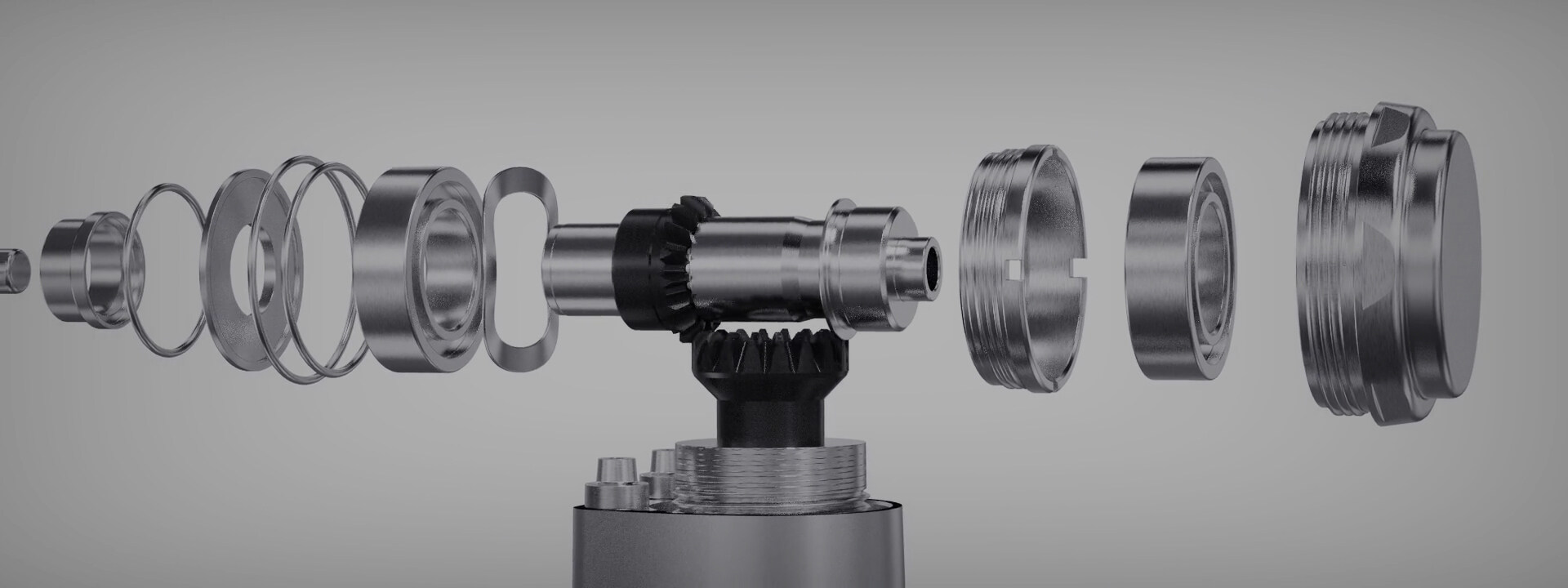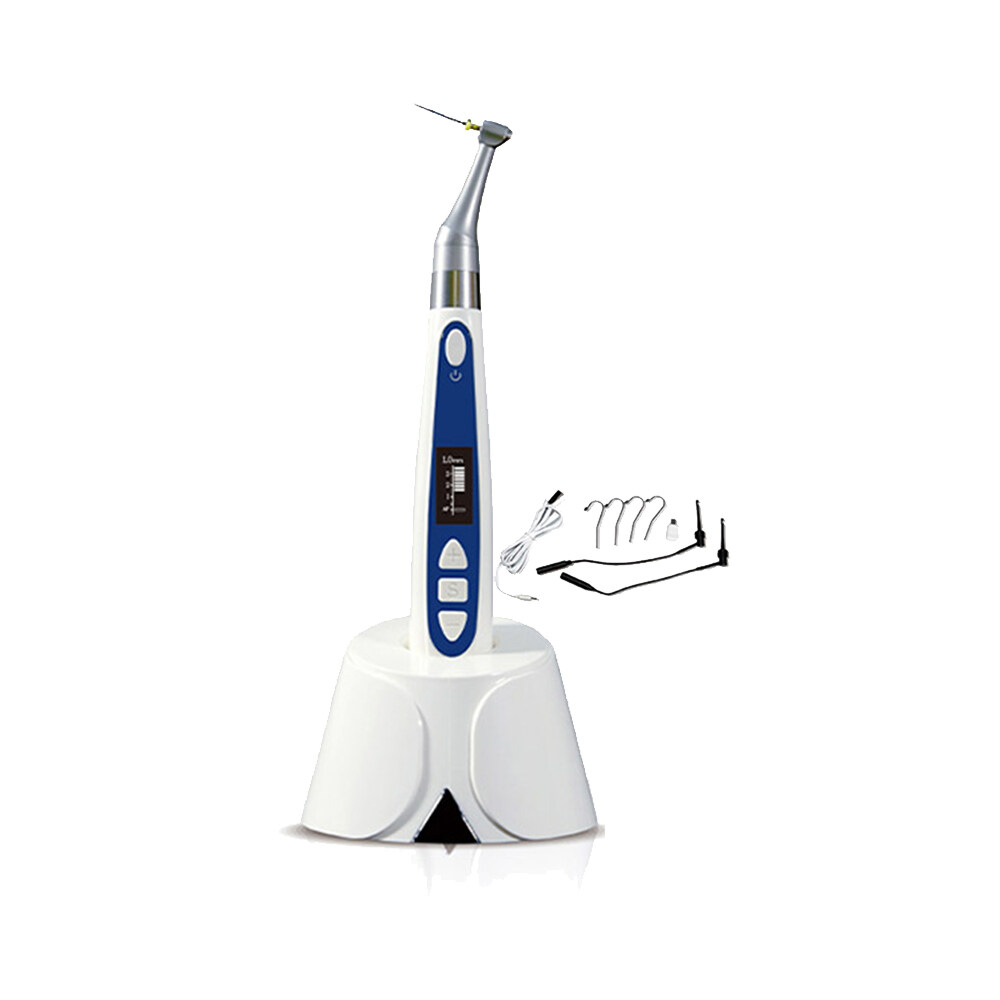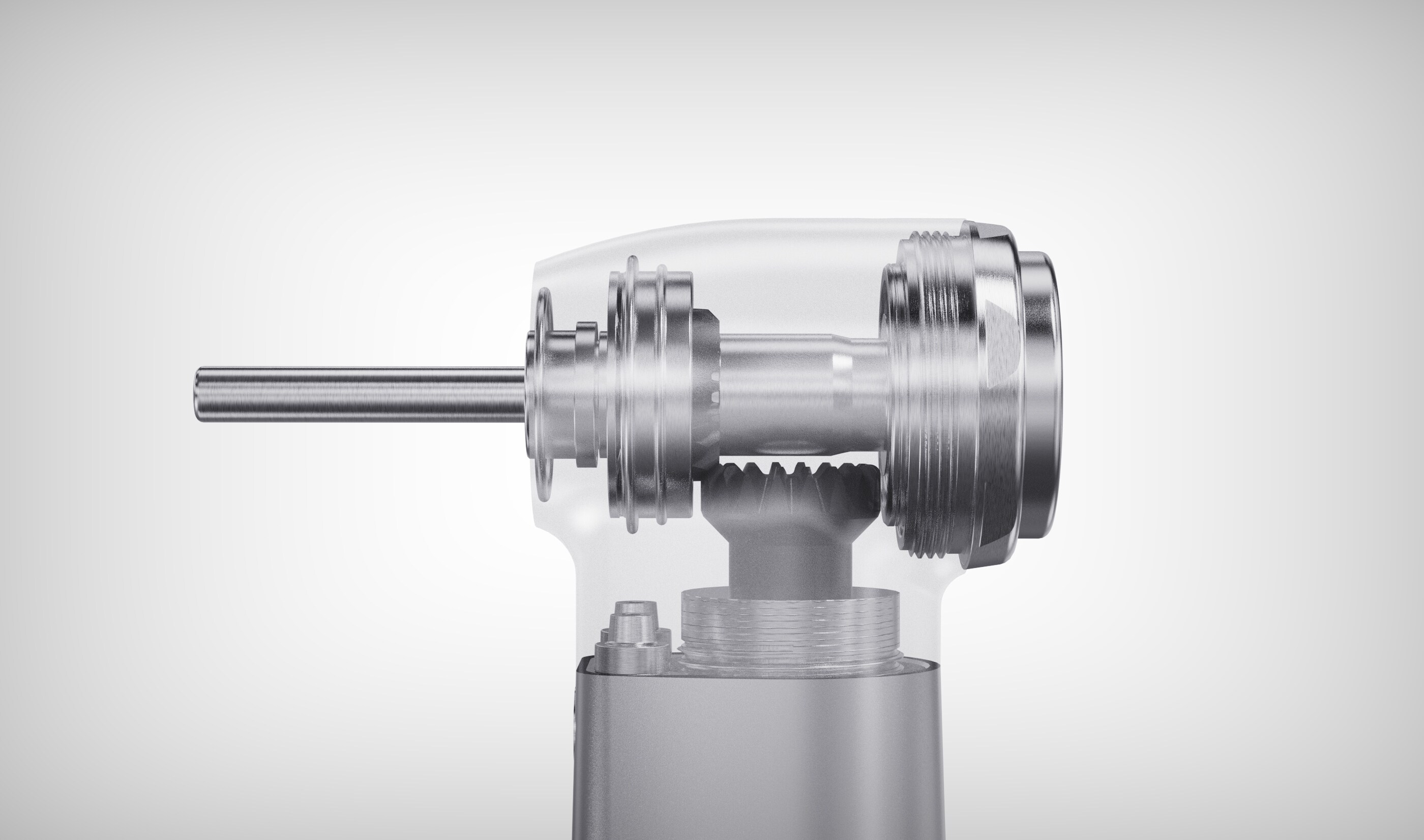El. pašto formato klaida
emailCannotEmpty
emailDoesExist
pwdLetterLimtTip
inconsistentPwd
pwdLetterLimtTip
inconsistentPwd

News

ChatGPT’s Rise Could Trigger a Reassessment of AI’s Medical Value II

Improving Medical Services with 'Internet + Medical Health’
From the latest specific policies, the Opinions issued by the General Office of the Central Committee of the Communist Party of China and the General Office of the State Council on Further Improving the Medical and Health Service System proposed to develop "Internet + Medical Health", build an industrial Internet platform for the medical field, accelerate the application of the Internet, blockchain, the Internet of Things, artificial intelligence, cloud computing, and big data in the medical and health field, and strengthen the construction of the data sharing, exchange, and protection system in health and medical care.
AI Revolutionizes Rural Healthcare
Not long ago, the Opinions issued by the two offices on Further Deepening Reforms to Promote the Healthy Development of the Rural Medical and Health System also mentioned that "We will build a remote medical service system in rural areas, promote remote consultation, appointment transfer, Internet follow-up visits, and remote inspection, and accelerate the promotion of artificial intelligence-assisted diagnosis in rural medical and health institutions". In fact, as early as last year, the policies released signals to encourage the implementation of artificial intelligence systems at the grassroots level.
Relaxing Restrictions on AI-Assisted Diagnosis
On April 20, the Medical Administration and Medical Supervision Bureau of the National Health Commission issued the Catalogue of National Restricted Technologies and Clinical Application Management Standards (2022), which adjusted the list of restricted medical technologies used by hospitals of all levels, and cancelled five restricted technologies, including artificial intelligence assisted diagnosis, which means that the application threshold for AI assisted diagnosis technologies will be further relaxed, and the application scenarios will be expected to penetrate into more grassroots areas.
AI Alleviates Medical Resource Shortages
On the background of population ageing and medical personnel shortages, AI provides new ideas to alleviate the contradiction between medical resource supply and demand. AI can bring process improvement and efficiency improvement to the existing medical system, reduce the work burden of medical staff, and accelerate the development progress of drugs and vaccines.
Government Drives Growth of China’s AI Medical Industry
In the development environment, government policy guidance is undoubtedly the leading force in promoting AI medical development. Data show that the market size of the AI medical industry in China in 2021 was about 9.5 billion yuan, and it is expected to reach 38.5 billion yuan in 2025 with a CAGR of 46% from 2020 to 2025, showing a positive and high growth trend.
AI technology breakthrough and broad prospects for medical imaging
From the downstream demand distribution of the domestic AI medical industry, at present, AI medical is widely used on the auxiliary and data sides. In the CDSS (Clinical Decision Support System), smart case, and medical data intelligence platform markets, the proportion is relatively large, reaching 29.8%, 21.6%, and 14.0%, respectively, in 2020. In the future, AI medical applications will focus more on the practical side, including AI medical imaging, AI medical robots, AI pharmaceuticals, and so on.
Some industry analysts pointed out that in the future, AI will be embedded in medical application systems and applied to hospital core clinical information systems and management systems, electronic medical records and case systems, as well as the construction and application development of health medical big data.
On the other hand, independent AI medical application systems have also started to play a role, such as medical image AI fields and so on. In the AI medical industry, medical imaging has always been one of the most popular application fields.

